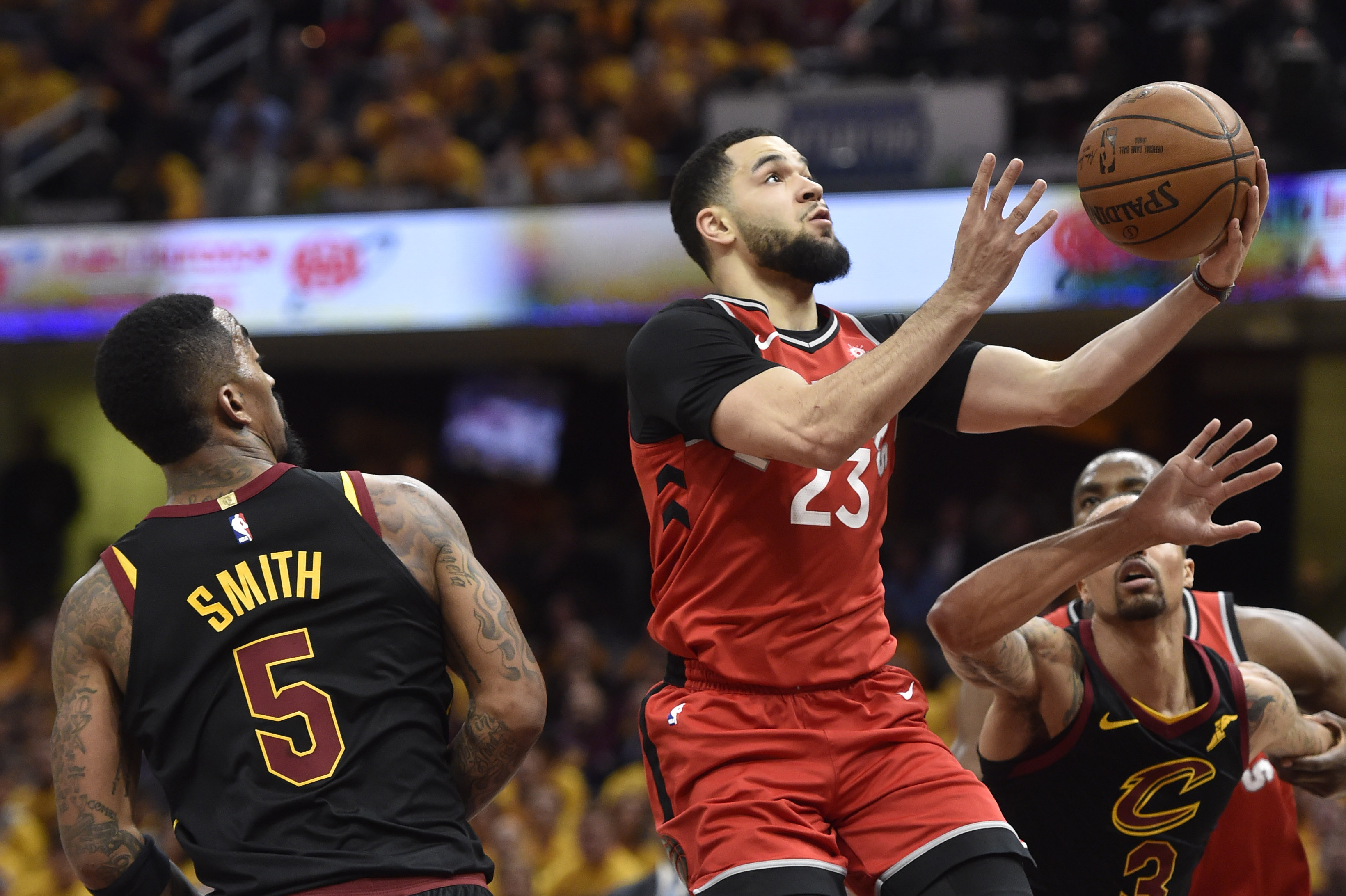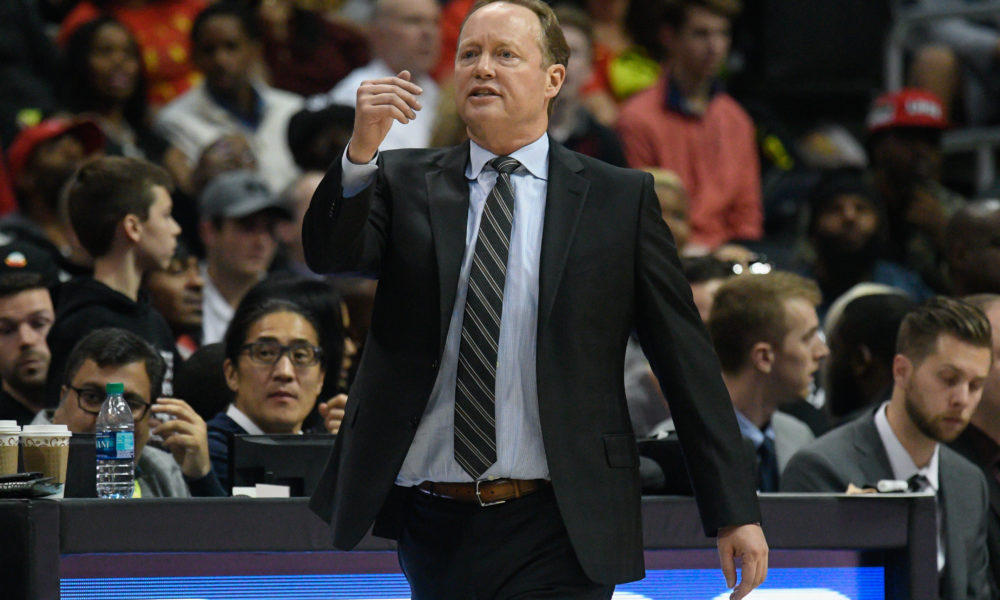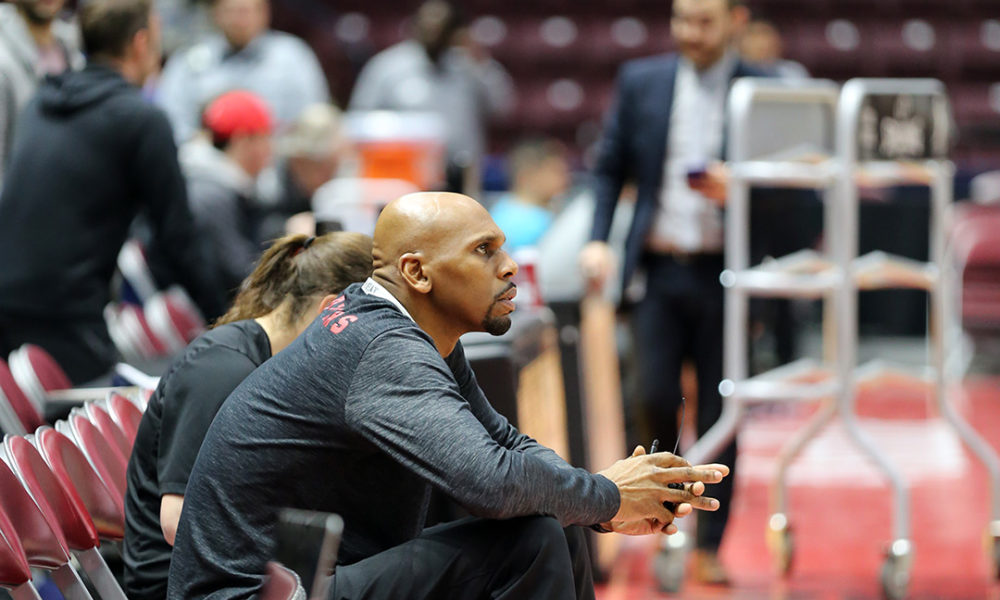On Sunday afternoon, the Boston Celtics were able to take game 1 of their series against the Cleveland Cavaliers, and Raptors fans were clearly frustrated by how easy it looked for them to execute against the team that had dispatched Toronto with relative ease. This is somewhat understandable given that the Raptors had now lost 10-straight games to the Cavaliers in the playoffs, and the consolation after those series typically was that this was LeBron James, and he simply does not lose in the Eastern Conference, which he’s dominated for more than a decade. It is just one game, and it wouldn’t be out of the question for LeBron to turn around and roll off several consecutive wins now to win the series with it looking easy by the end of it, but perhaps there are some real lessons that can be learned from that game for how the Raptors handled Cleveland.
On defense, the Raptors looked helpless against the Cavaliers, often losing shooters on simple action and providing looks that were altogether too easy. The Cavs got massive contributions during the series from Kevin Love, Kyle Korver, JR Smith and Jeff Green, and then the Raptors scrambling to readjust to those guys helped again open up the floor for LeBron himself to do his damage. Whether it was giving up favorable switches to the offense too quickly or sometimes completely unforced or simply losing track of a player for long enough for the shot to get off, these things were happening frequently enough that the Raptors defense was often scrambling to find a new adjustment to take away whichever player was hot in that game.
Boston entered with the same gameplan as Toronto did in the series, which was taking those shooters away and forcing LeBron to carry a large load offensively, but the Celtics have personnel better suited to that purpose, with a group of young, talented defenders who stayed engaged. When they did give up the switch, it was with purpose and with a plan for how to hold their own against the mismatch, without selling out the defensive scheme to adjust, and also while making the Cavaliers offense work for that switch and use up precious seconds on the shot clock before beginning to work against the mismatch.
But the real way that Boston was able to impact Cleveland’s offense was through solid execution on their own offensive end. The Raptors fell into old habits often against the Cavaliers, slowing down their offense instead of constantly attacking downhill, and because of that, the Cavs had an easier time counterattacking off missed shots and turnovers, which helped to create those mismatches they want and open up lanes.
Boston’s approach, again, was simply along the lines of the Raptors gameplan, but executed better. This year was all about the culture change for Toronto, embracing an offense that made quick decisions and used the five players on the floor to creates openings in the defense that they could attack, rather than trying to force shots from their best players regardless of defensive looks. This yielded dividends throughout the season, but during the playoffs they again embraced that slower offense. Cleveland used that not just to hold Toronto’s offense down, as it’s easier for them to avoid their frequent communication errors when they aren’t forced to move on defense and are able to set into their scheme, but also to propel their own offense through quickly turning around because they weren’t on the back foot.
Boston, on the other hand, was aggressive in game 1 against the Cavs offensively. Their offense pushed the attack and kept the Cleveland defenders moving, which created a lot of easy shots at the rim for them as the Cavs defense was caught making the simple errors they’ve made all season when forced to adjust to a malleable attack. The payoff didn’t end there though, because even when Boston missed shots, frequently the Cavs attack wasn’t able to get going immediately, because they found themselves needing to regroup instead of getting out on the fast break due to the nature of the Boston offense.
The end result of that game, regardless of how the series between the Cavaliers and the Celtics ends, is that it’s not as much an indictment of the Raptors gameplan against LeBron, although Toronto certainly did have their rotation issues, as it’s an indictment of the Raptors’ execution. The intention for both teams for how they wanted to beat the Cavaliers was very similar, take the shooters out of the game offensively, and get the defense on the back foot to slow down the Cleveland attack and fuel your own offense. The lesson of that game is that the Celtics have executed that game plan, at least so far, while the Raptors did not and earned a quick exit for that failure.




